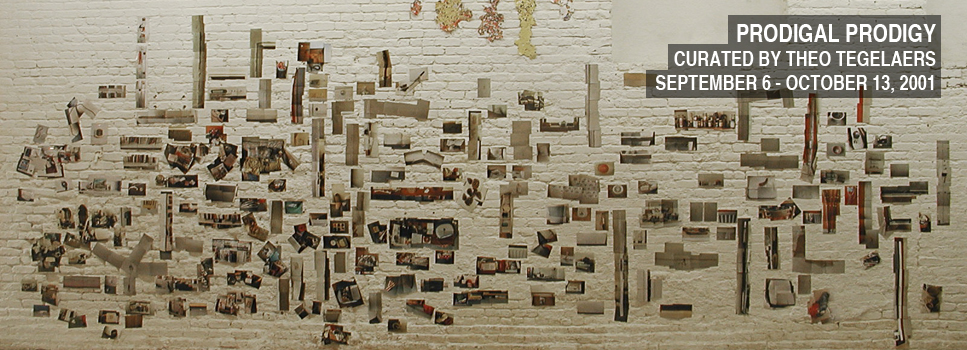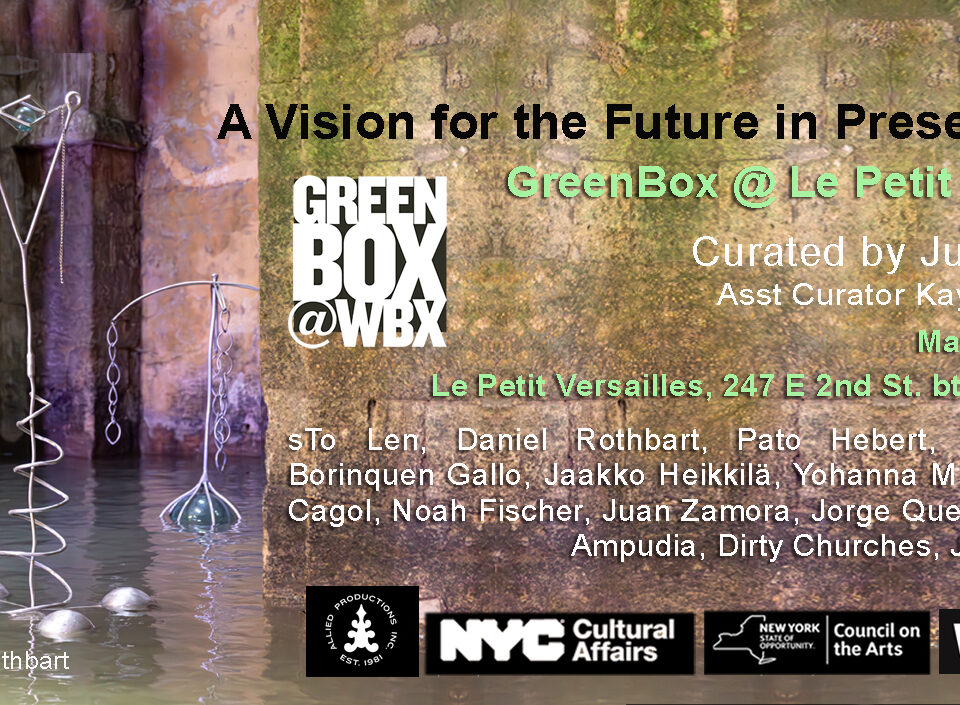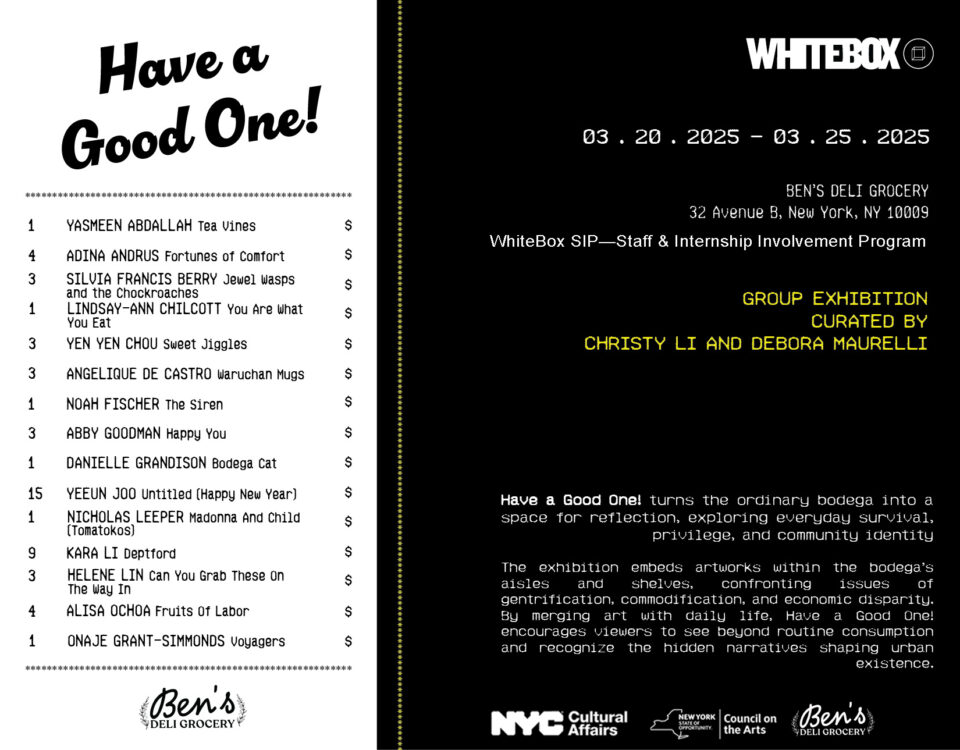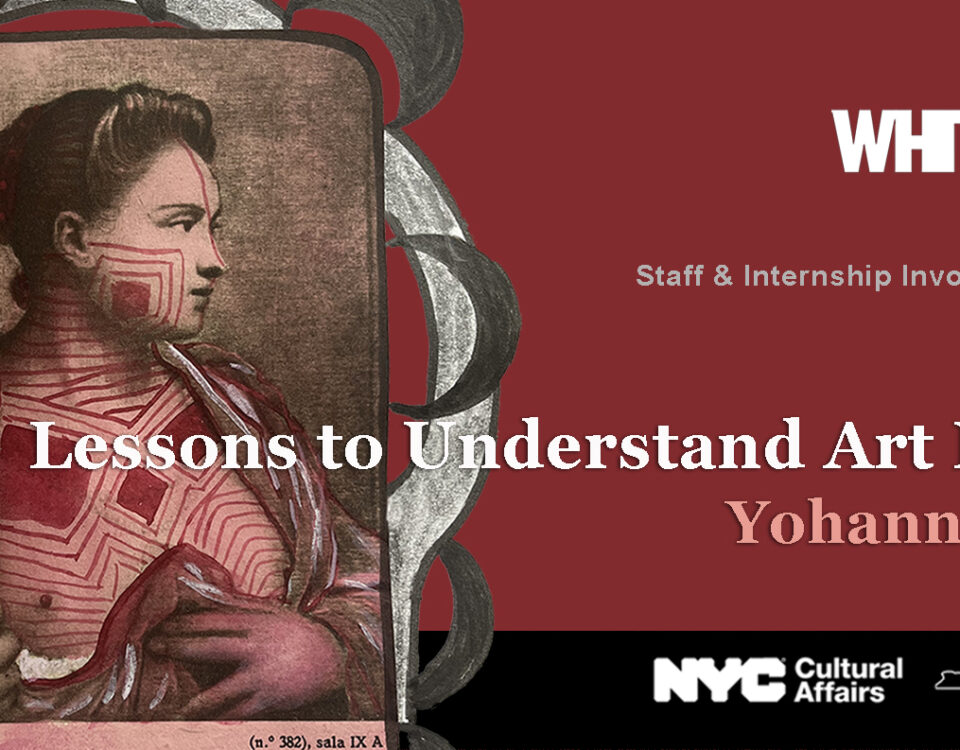AFTER THE DIAGRAM
April 26, 2001SIGHTING THREE JAPANESE ARTISTS PART I: PINK
November 1, 2001Prodigal Prodigy Curated by Theo Tegelaers September 6 – October 13, 2001
The claim of the right to individual freedom that is one of the achievements of the ideological movements of the ’60s has resulted in a materialism that has penetrated every area of modern society. Such individualism has caused a breakup of social and familial bonds and led to a decline of the previously existing value system. The result is a society built on a libertine materialism, where everything serves the satisfaction of individual demands driven by an unstoppable need for pleasure. The ontological question of our existence assures a continued negation of the accompanying sense of emptiness through a permanent stream of stimuli striving to constitute a life sufficient unto itself. The question that arises is how to put this degeneration and isolation behind us. How can we define space as human space, where there is no underlying reality that needs explanation. Can we devise another form of collectivity?
Prodigal Prodigy includes the work of eleven artists who develop strategies and practices for creating a mental space where it is possible to make new connections, to create a space that is humanized, human experiences through human experiments. The dissident energy active in the works is not creation, but the will to de-create, by using subject matter that violates our sensibilities in order to detach from it, by using subjectivity to break down reality to bring about a transformation of the mind from public consciousness to the emotionally infinite.
The show is heavily inspired by the work of Paul Thek. In the ’60s Thek made his art against the background of social and sexual revolution, ‘the spaced-out, head-tripping Age of Aquarius.’ These movements had a strong apocalyptic element about them. They aimed at the destruction of the existing patriarchal order by claiming the kind of freedom that gave way to direct satisfaction of desires and instincts. The idea of collectivity and inter-subjectivity remained important in his work throughout his career. Thek was, together with Beuys, one of the first artists whose work revolved around the idea of process. It was not the object, the result of production, that was important, but the connection between different elements, ideas and symbols. Thek purposely used materials that were transitory and using space as a mental creation in which everything was in entanglement with everything else. The exhibition includes the work of young artists inspired by similar lines of thoughts. These are artists who practice a way of working that appeals to the imagination, who are trying to break down existing principles of order, to break through the linear passage of time.




